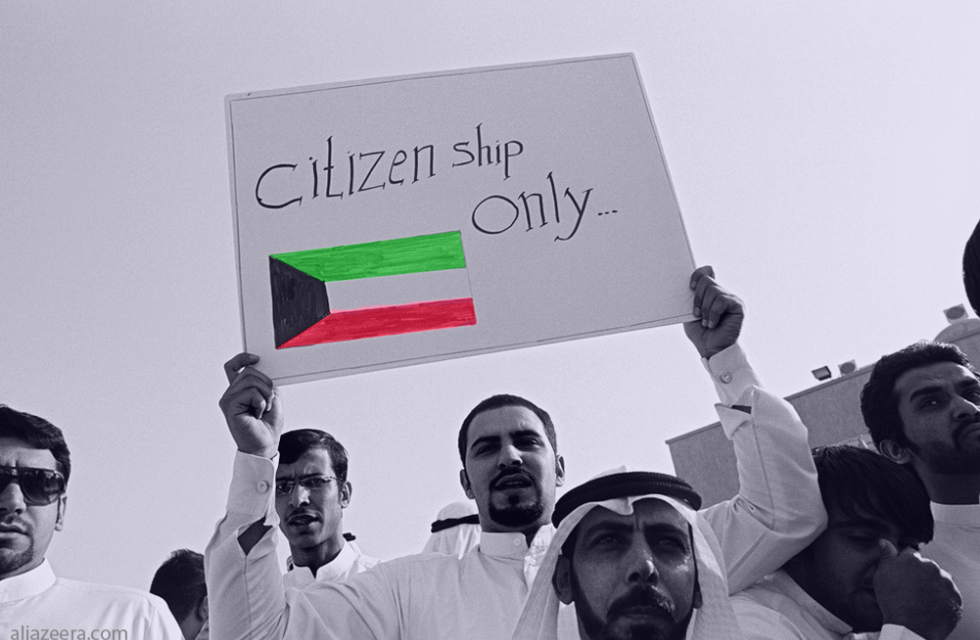The Government of Kuwait must cease human rights violations against its own Bidoon population. Since Kuwait gained independence in 1961, the government has perpetrated a continuous system of institutionalized discrimination, repression, and degrading treatment against the Bidoon, a stateless minority. These acts violate fundamental human rights of the Bidoon, as well as international law obligations of the Kuwaiti government itself.
According to current estimates, there are more than 100,000 Bidoon people in Kuwait. The term “bidoon” is derived from “bidoon jinsiyya” which translates to “without nationality” in Arabic. The Bidoon originate from nomadic tribes native to the Arabian peninsula. Before the country gained independence, they were treated equally and enjoyed the same freedoms and rights as Kuwaiti citizens; now, continued government persecution of the Bidoon has created great inequality between the two populations. At the time of independence, the majority of Bidoon did not attain Kuwaiti citizenship, which has led to the present-day issue of statelessness.
Three main factors contribute to why the Bidoon lack Kuwaiti nationality or have trouble obtaining nationality. First, many Bidoon are unable to prove residential ties to Kuwait that pre-date 1920. Second, since the time of Kuwaiti independence, when Bidoon failed to register as citizens, the Bidoon population has grown significantly. Because citizenship is passed through the father to the child, generational statelessness is created for children born to male Bidoon. Finally, during Iraq’s 1990 invasion of Kuwait, many Bidoon joined the Iraqi forces; this led to the perception of the Bidoon as foreign agents, and further stigmatized the entirety of the Bidoon population in Kuwait.
There is one further essential reason that prevents Bidoon from attaining Kuwaiti nationality: The Government of Kuwait purposely withholds citizenship from the Bidoon. In fact, the Bidoon have been declared illegal residents by the government, despite repeated promises to confer formal citizenship upon them. This classification was made in 1986, despite the fact that the Bidoon of Kuwait do not have ties to any other countries. A number of issues result from this classification.
As illegal residents, the Bidoon cannot fully interact in Kuwaiti society. Individuals are barred from being employed and children are denied education. Furthermore, there is the constant possibility, and consequential fear, of arbitrary arrest or deportation. Kuwaiti law does not help this situation, as there are no laws that require judicial review prior to deportation; as such, authorities are free to deport any Bidoon at their own discretion. Freedom of movement is further restricted due to the fact that civil identification cards, driving licenses, and other travel documents are not issued to Bidoon. In practice, this also means that Bidoon cannot travel abroad without risking a denial of entry upon return to Kuwait. Instead, Bidoon are issued security cards, which the government has said do not constitute proper proof of identification. Social stigma in the form of rejection, threats, or extortion also results in the use of these cards.
The Government of Kuwait’s treatment of its own Bidoon population violates basic human rights that are afforded by the Universal Declaration of Human Rights (UDHR) and other international law obligations. The UDHR prescribes that everyone has the right to a nationality. We call on the Government of Kuwait to issue nationality to the Bidoon population, and to end its discriminatory and harmful practices.





